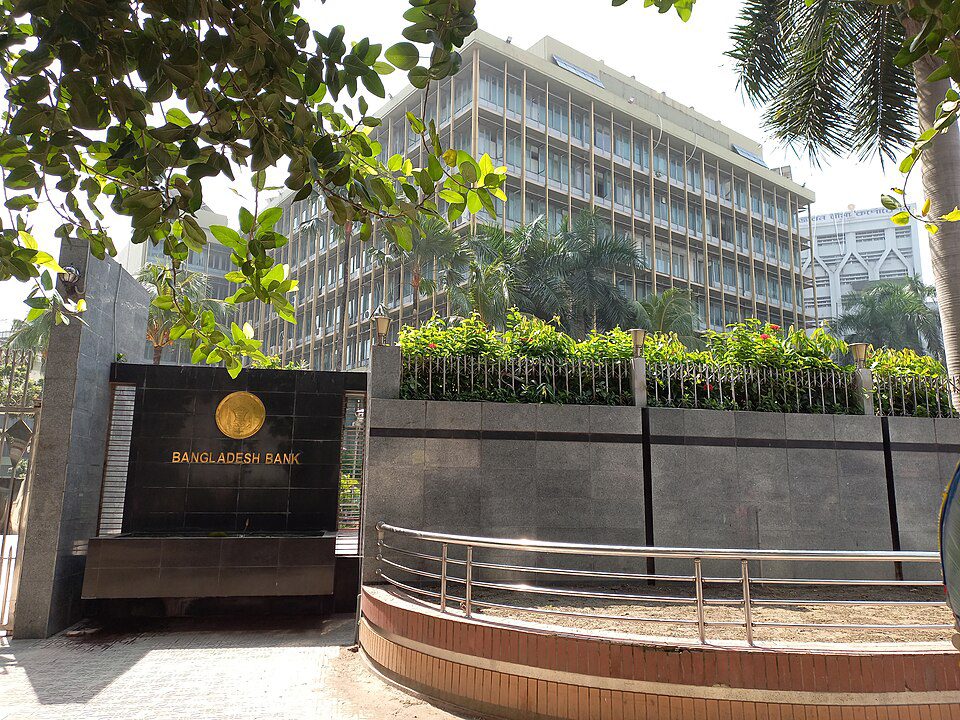Bangladesh has announced its decision to shift to a managed floating exchange rate regime with immediate effect, marking a significant policy shift aimed at fulfilling conditions tied to a $4.7 billion loan package from the International Monetary Fund (IMF).
The move signals the end of the current managed exchange rate system and is expected to align the country’s foreign exchange practices with global standards.
The change comes amid a challenging economic backdrop, with inflationary pressures, a weakening currency, and strained foreign exchange reserves.
The announcement was made by Bangladesh Bank Governor Ahsan H Mansur during a press conference held at the central bank headquarters on Wednesday.
He said the decision to transition to a market-determined exchange rate was made after extensive discussions with the multilateral lender, culminating in an agreement reached on 13 May.
This agreement broke a months-long deadlock over the implementation of greater exchange rate flexibility, one of the key conditions previously holding up a tranche of the IMF loan.
Governor Mansur said the Washington-based lender will now release $1.3 billion of the $4.7 billion loan package in June, following the central bank’s commitment to a flexible exchange rate system.
In total, the governor expects Bangladesh to receive $3.5 billion in loans from multilateral lenders, including the World Bank, Asian Development Bank, and the IMF, by the end of June.
So far, the country has received three instalments from the IMF totalling $2.3 billion since the loan was approved in 2023.
At yesterday’s meeting, commercial banks were officially informed about the adoption of market-based exchange rates.
The central bank anticipates that the new rate will remain close to the current rate, owing to the availability of dollar liquidity in the banking system.
However, Governor Mansur said the Bangladesh Bank will continue to intervene in the foreign exchange market if large foreign payments cause instability, reflecting a cautious approach to the policy shift.
The IMF has consistently pushed for a truly flexible exchange rate system, criticising Bangladesh’s earlier attempts at reform that allowed for only minor adjustments within a narrow band and maintained multiple exchange rate windows.
These practices were seen as distorting market signals and contributing to inefficiencies in the foreign exchange market.
While the IMF sees the adoption of a flexible exchange rate as essential for macroeconomic stability and investor confidence, the central bank has expressed concern over potential inflationary shocks and political resistance that could arise from sudden currency depreciation.
Nevertheless, the current economic conditions, combined with the need to unlock foreign financing, appear to have compelled the government and central bank to accept the reforms.
The market-based exchange rate policy is expected to improve transparency and reduce distortions, but its success will depend on consistent implementation, market confidence, and support from development partners.
The coming months will be crucial as the country navigates the transition and seeks to stabilise its external sector amid global uncertainties.


